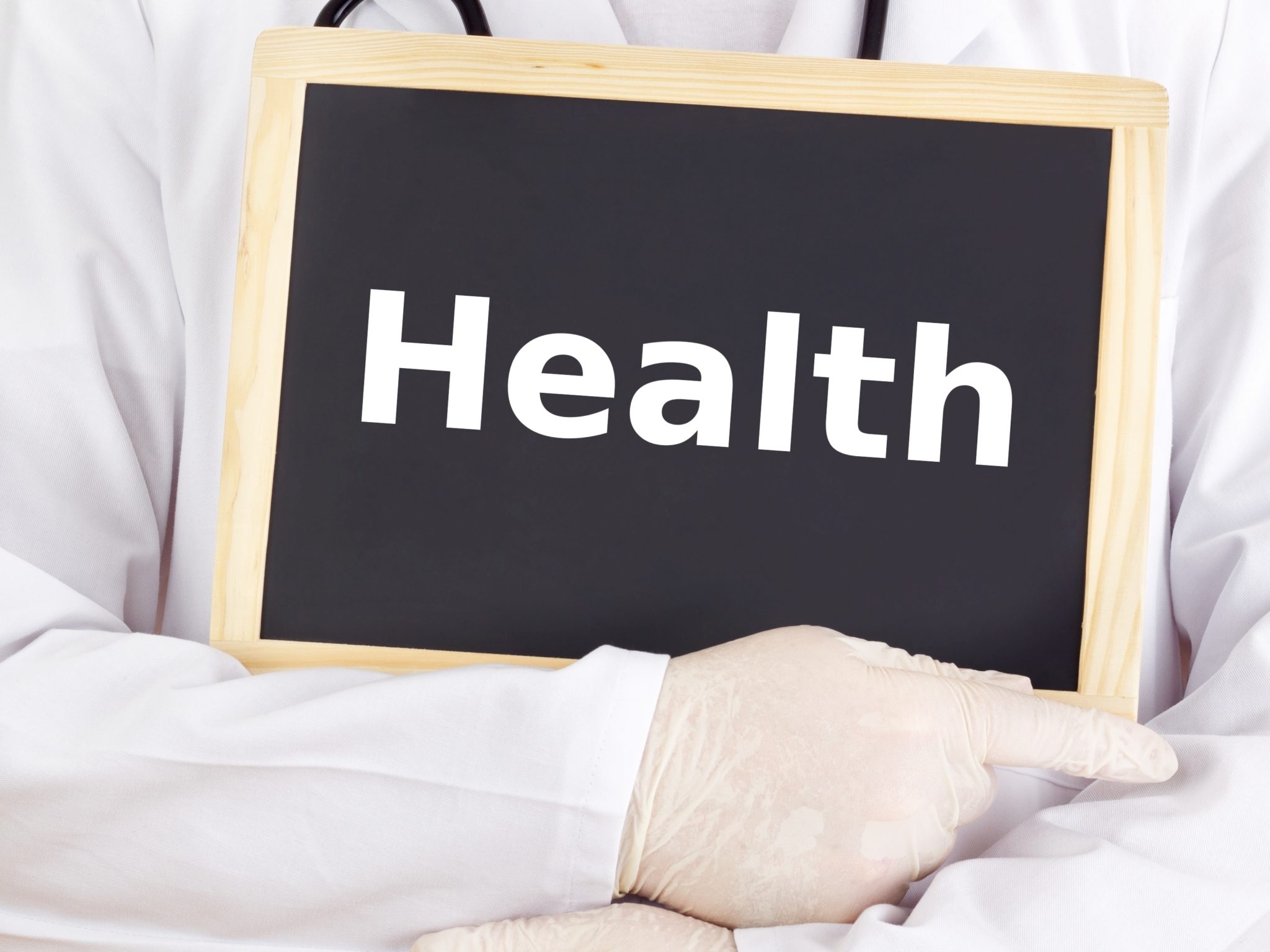Oral health is the gateway to health. In recent years, numerous studies have shown links between the mouth and the rest of the body. And it’s certainly clear when it comes to the heart and the major joints of the bones.
The bacteria of the mouth can affect the way our body heals. That’s why after a major heart issue or a major surgery like knee replacement, your physician may recommend antibiotics prior to dental visits.
In this article, we’ll explain what is prophylaxis, why your doctor is recommending you take antibiotics before dental treatment and why SBE prophylaxis/antibiotic prophylaxis is needed.
But more importantly, we’ll talk about why oral health matters for overall health.
What is Prophylaxis
The term prophylaxis means preventative, or to prevent. It can refer to several preventative practices in medicine and dentistry. But for this article, I want to zero in on the two big preventative treatments in dentistry. Prophylaxis as a dental cleaning and prophylactic use of antibiotics.
But first, let’s talk about why prevention is important.
The mouth is home to 700 species of bacteria. Its natural for the mouth to have a level of bacteria. The bacteria have a symbiotic relationship with humans. The bacteria protect the us from entering pathogens by stimulating a vigorous immune response and provides colonization resistance.
But those same bacteria also have a negative effect on the body when they run out of control. The bacteria can also hurt us with things like dental caries, alveolar abscesses, periodontal diseases, candidiasis, and even entering the bloodstream systemically causing infection.
Let’s focus on that last circumstance. Bacteria entering the blood stream from the mouth.
Bacteria are supposed to be in the mouth. But are they supposed to be in other parts of the body?
That’s where the problem is.
They can enter the bloodstream. And where do you think they go?
The bacteria can travel to parts of the body that are supposed to remain sterile. For example, the heart, or the joint spaces.
It’s bad enough when bacteria cause an abscess in a tooth, but when the bacteria of the mouth can infect the heart or the joints, that’s definitely not good.
So the takeaway is–the mouth is a slippery slope. It’s supposed to have bacteria, but it’s easy for it to get out control. The mouth can go from a normal amount of bacteria that is silently coexisting in our mouths, to a source of bacteria that can easily invade into the bloodstream and cause systemic issues.
Dental Cleaning Prophylaxis
A dental cleaning is one of the most common medical prophylaxis treatments throughout the world. And the premise is simple. The teeth are cleaned to keep the level of bacteria at a controllable level.
By cleaning bacteria and calculus off the teeth, it reduces the amount of bacteria.
Less bacteria equals less risk of cavities and reduces the risk of periodontal disease. That’s the important part.
With less inflammation of the gums, the mouth is signaling less inflammatory factors to the mouth, and there is less bacteria affecting the bloodstream.
So the bottom line is that a dental cleaning a simple preventative measure that improves not only the teeth, but the overall health of the body.
Prophylactic antibiotics

We established the key point that the bacteria of the mouth can enter the bloodstream from the gums. So yes it makes sense to have your teeth cleaned.
But you’re probably wondering, doesn’t get your teeth cleaned cause bacteria to enter the bloodstream? Afterall, all the bacteria is being strapped off the teeth so close to the gums, isn’t there a chance a nick in the gums could be infected by the bacteria?
It turns out it can, but it’s only a major issue in certain situations. Enter the concept of prophylactic antibiotics.
For most people who have cleanings regularly, there is no need to worry about a systemic infection from a routine dental cleaning.
But in people that have had history of certain conditions, they may benefit by taking preventative antibiotics prior to a dental cleaning. The antibiotics work to prevent the bacteria of the mouth from entering the bloodstream and infecting more susceptible areas.
The most common situations when this occurs are people with heart issues like prosthetic heart values, a history of a heart infection called endocarditis, or a joint replacement like a knee replacement or hip replacement.
SBE Prophylaxis
Subacute bacterial endocarditis (SBE) is a slowly developing type of infective endocarditis — its an infection of the lining of your heart or the heart’s valves.
Some patients that are higher risk of SBE are recommended to pre-medicate with SBE prophylaxis antibiotics prior to dental treatment. The reason is because their heart is at higher risk for complications from the bacteria of the mouth compared to the average population.
SBE can cause serious damage to the heart tissue but it’s usually a preventable condition by following the proper protocols.
High-risk individuals that are recommended for SBE antibiotic prophylaxis are as follows:
- Patients with prosthetic valves and patients who have undergone valve repair in whom a prosthetic material is used
- Individuals with a history of previous infective endocarditis
- People with cyanotic congenital heart defects
- Patients for the first six months after surgical or percutaneous repair of a congenital heart disease with a prosthetic material
- Patients indefinitely that have a residual shunt or valvular regurgitation
Antibiotic Prophylaxis for Prosthetic Joints
Just as bacteria from the mouth can access the heart from the bloodstream, the bacteria can also reach the joint spaces.
In the past, the ADA had recommended that patients with prosthetic knee or hip replacement premedicate with antibiotics for life prior to dental treatments.
By taking an antibiotic prior to dental treatment it was believed that the chance of the prosthetic joint becoming infected was reduced.
However, as of 2014 ADA guidelines, it is not recommended as a standard any longer. Rather orthopedic surgeons now recommend antibiotics to protect prosthetic joints during dental visits on a case by case basis.
Oral Health and Antibiotic Prophylaxis: Bottom Line
The bottom line is that oral health affects overall health.
The two big areas where antibiotic prophylaxis is indicated is for SBE prophylaxis and for some patients who have had full joint replacement.
But there’s also a caveat. The American Heart Association recently released a statement affirming that practicing good oral health supersedes antibiotics given during dental procedures for some patients in terms of preventing a heart infection caused by oral bacteria.
Proper oral health maintenance extends well beyond the teeth. Studies show a significant connection between poor oral health and many other illnesses. These include cardiac health, joint health, and neurological diseases. Although more research is being conducted year after year to develop more understanding of these connections, it’s clear that links do exist.
Therefore, there is one simple takeaway. Take care of your oral health as an investment in your overall health.


